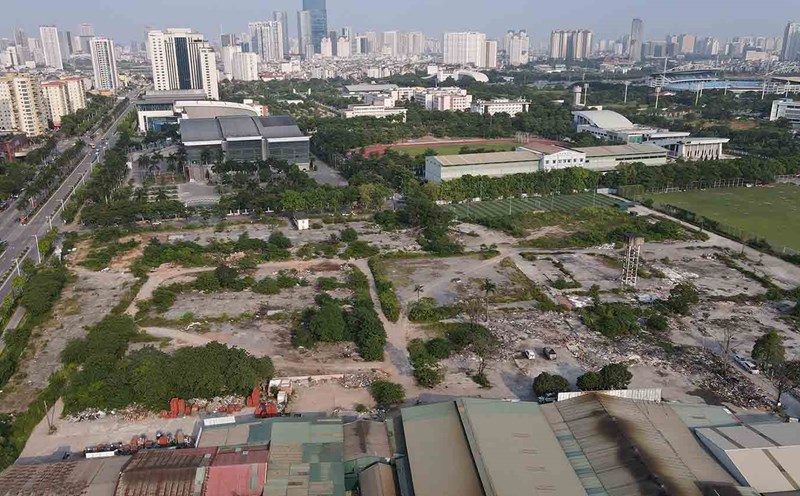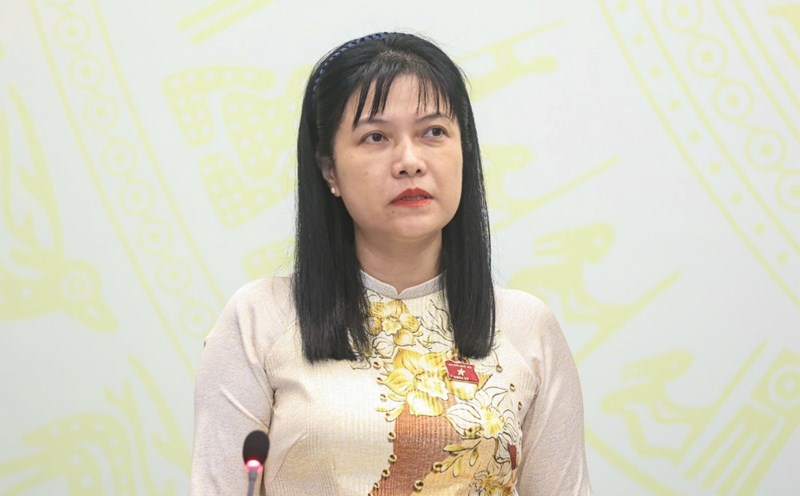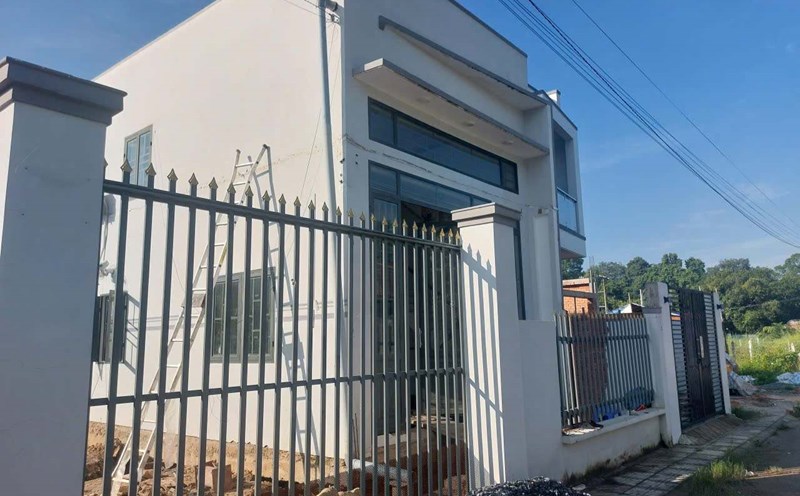On October 16, the Lebanese Ministry of Health's Emergency Management Center said one person was killed and seven others were injured in a series of Israeli airstrikes on Hezbollah positions in southern Lebanon.
One person was killed in the eastern town of Shmustar, one injured in Bna'foul and six others injured in Ansar. Lebanon's National news agency (NNA) reported that Israel carried out an airstrike at around 9pm local time, hitting a cement factory and a quarry in Wadi Basfour, southern Lebanon.
A Lebanese military intelligence source said that the Israeli Air Force carried out a total of 31 strikes targeting Hezbollah positions in southern and eastern Lebanon, but did not provide further details.
Hezbollah is a powerful Shiite political and military movement in Lebanon, backed by Iran and one of Israel's main rivals in the region.
The attack was one of the most serious incidents since a mostly brokered ceasefire between Israel and Hezbollah between the US and France was maintained since November 27, 2024. The deal ended months of intense cross-border fighting, which began as a second front after the war in Gaza broke out in October 2023.
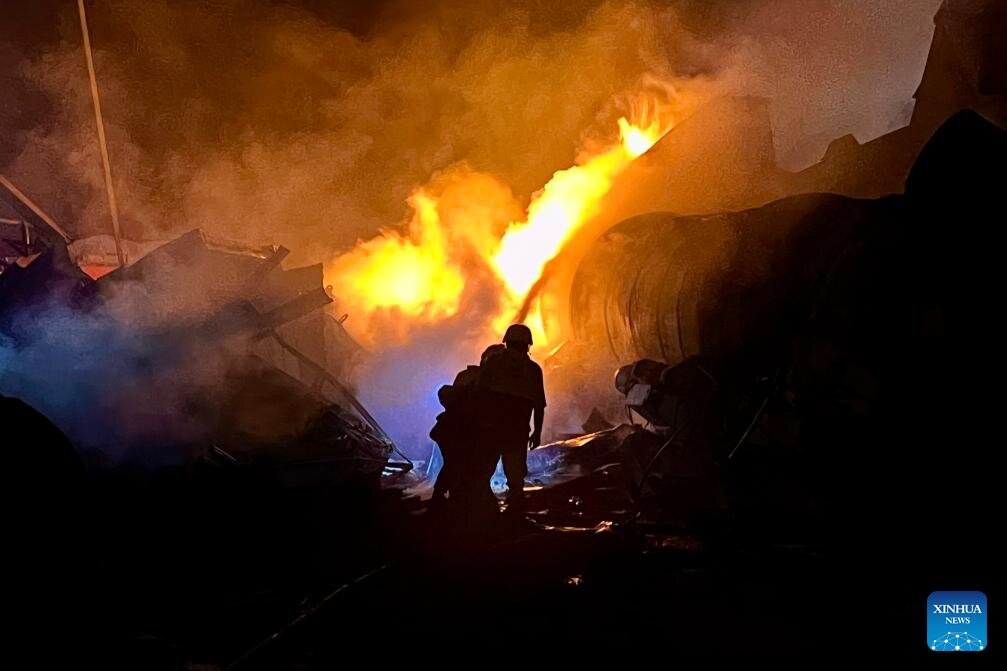
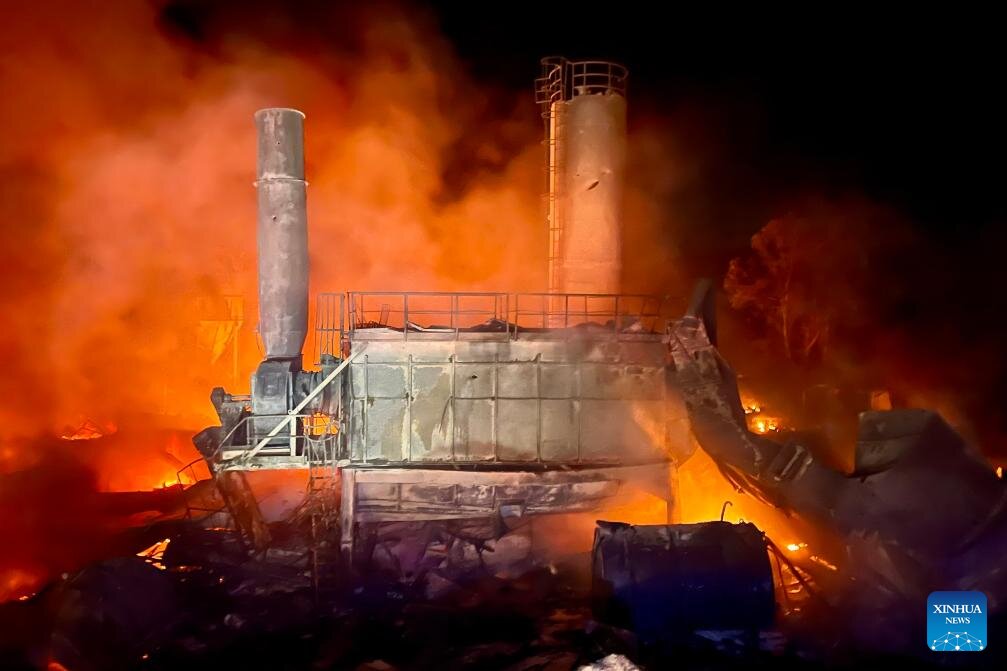
Although the ceasefire has significantly reduced large-scale clashes, the border situation remains tense. Israel continues to conduct periodic airstrikes in Lebanon, citing threats from Hezbollah, while maintaining forces at five key positions along the border.
Lebanese President Joseph Aoun has condemned the attacks, calling them a " systematic policy" of Israel. According to him, Israel is deliberately launching repeated attacks with three main goals: Destroying infrastructure, delaying economic recovery and destabilizing the country. He also accused Israel of using "incorrect security reasons" as an excuse for these actions.




